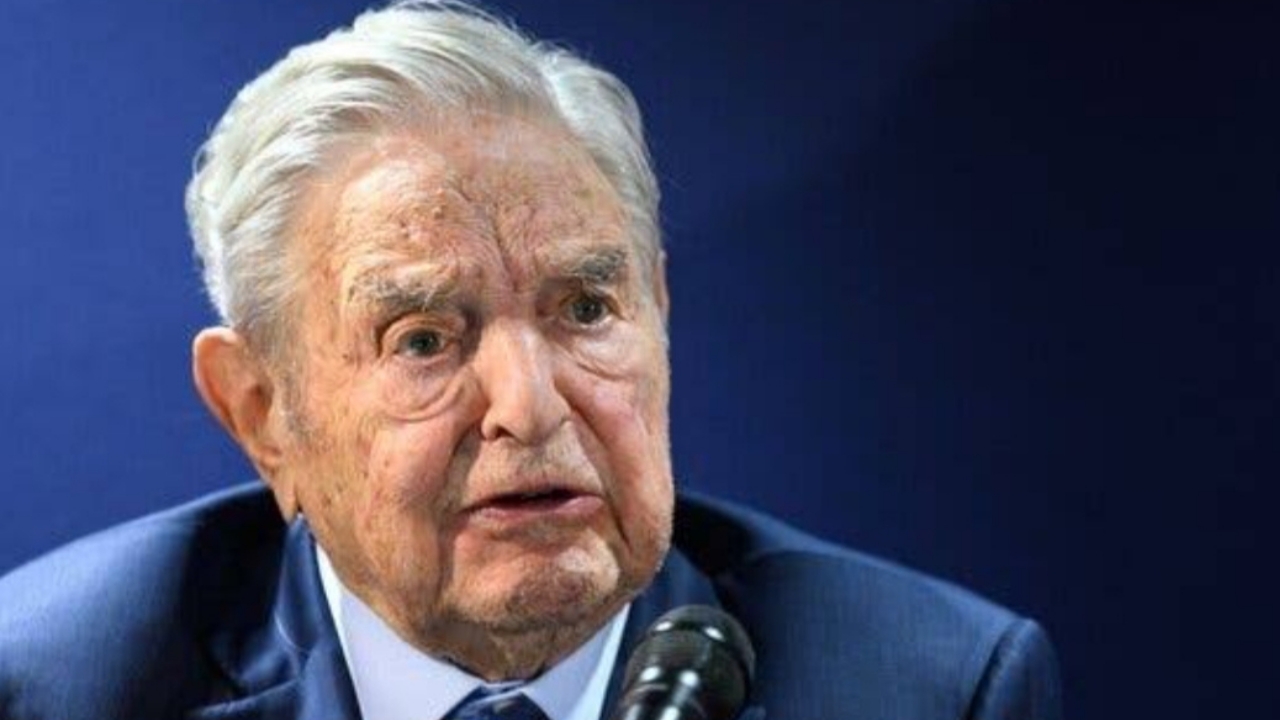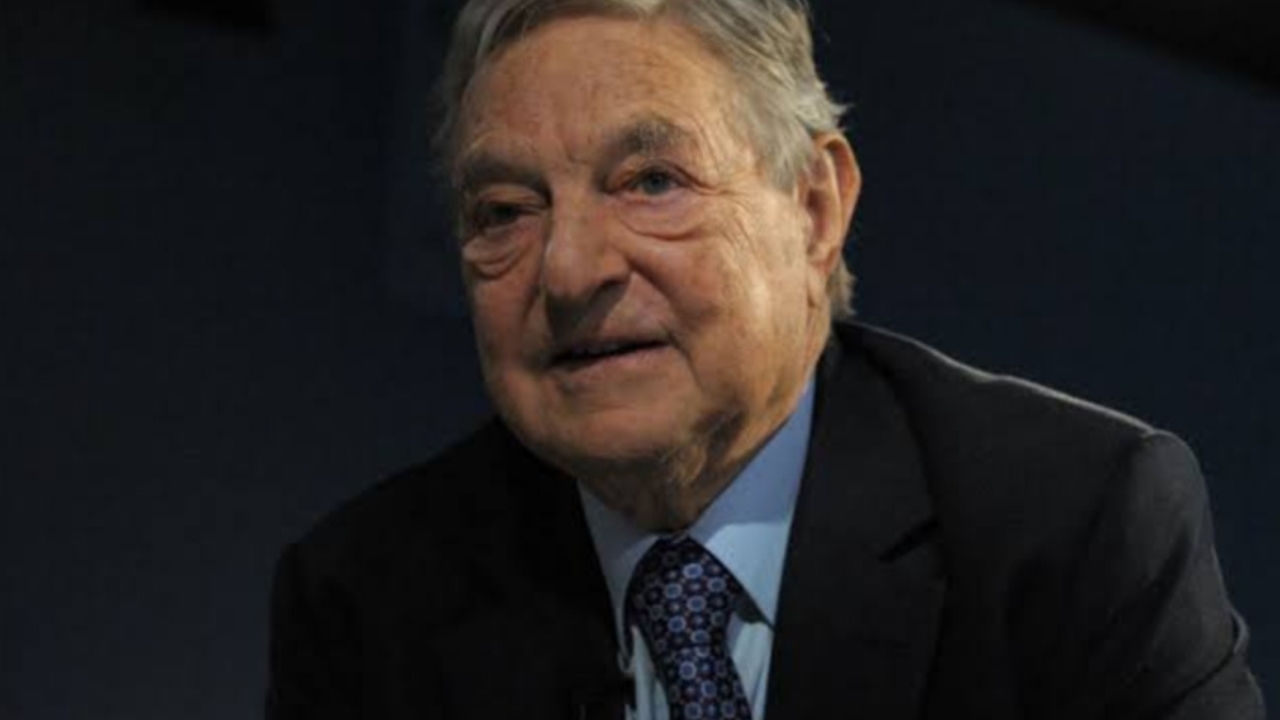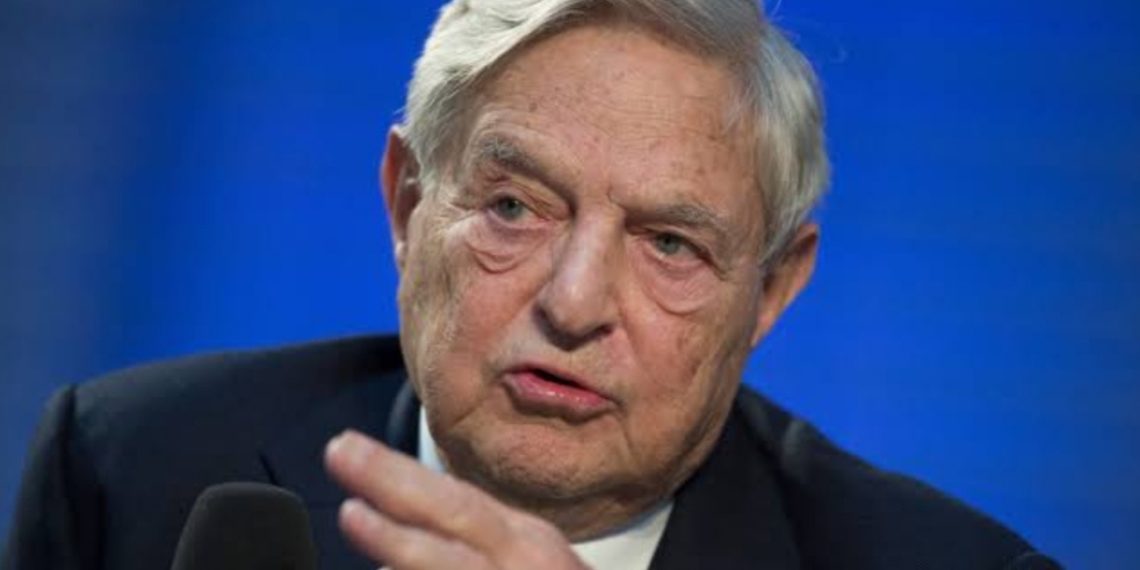George Soros is widely regarded as one of the most influential and successful investors in the world. Beyond his prowess as a hedge fund manager, Soros has made significant contributions as a philanthropist, using his wealth to support democratic governance, human rights, and education across the globe.
Early Life and Education
George Soros was born in Budapest, Hungary, on August 12, 1930. He is of Jewish descent and survived the Nazi occupation of Hungary during World War II.
After the war, Soros emigrated to England in 1947, where he later earned a doctorate in philosophy from the London School of Economics.

His education laid the foundation for his future career in finance, where he would apply economic theories to global markets.
Career and Notable Accomplishments
Soros began his financial career in banking before founding his first hedge fund, Double Eagle, in 1969. In 1973, he established Soros Fund Management, which became known for its aggressive, high-leverage bets.
Soros is perhaps best known for his short selling of the British pound on September 16, 1992, which earned him a profit of $1 billion in a single day.
This event earned him the nickname “the man who broke the Bank of England,” marking a key moment in his career. His ability to predict and act on economic trends made him an unparalleled force in financial markets.
Soros’s investment style is often described as unique and instinctive. While he is known for thorough research, he also credits much of his success to his ability to make gut-driven decisions in market timing.
His bold, contrarian bets—especially on currency movements—have often led to huge profits, though also controversies.
He also famously became “the man who broke the Bank of Thailand” during the Asian financial crisis in 1997 when he bet against the Thai baht.

Philanthropy and Political Influence
In addition to his investment success, Soros has become one of the world’s most influential philanthropists. Through his Open Society Foundations, Soros has donated over $32 billion to support causes such as democracy, human rights, education, and healthcare.
Soros’s philanthropic efforts focus on regions and issues where democracy and civil society are under threat, such as in Eastern Europe and parts of Africa.
Soros has been particularly active in supporting liberal causes and has donated extensively to political organizations in the U.S., including the Democratic Party.
His political donations and support for progressive causes have made him a target of various conspiracy theories.
Legacy and Influence
George Soros’s influence extends beyond finance and philanthropy. He has been a vocal advocate for European unity, particularly in response to Brexit and the refugee crisis.
His proposals for financing European issues, including perpetual bonds, have sparked both support and criticism.
Soros is now in his 90s and remains actively involved in the management of Soros Fund Management, although it is believed that his son, Alexander Soros, will take a larger role in the future.





